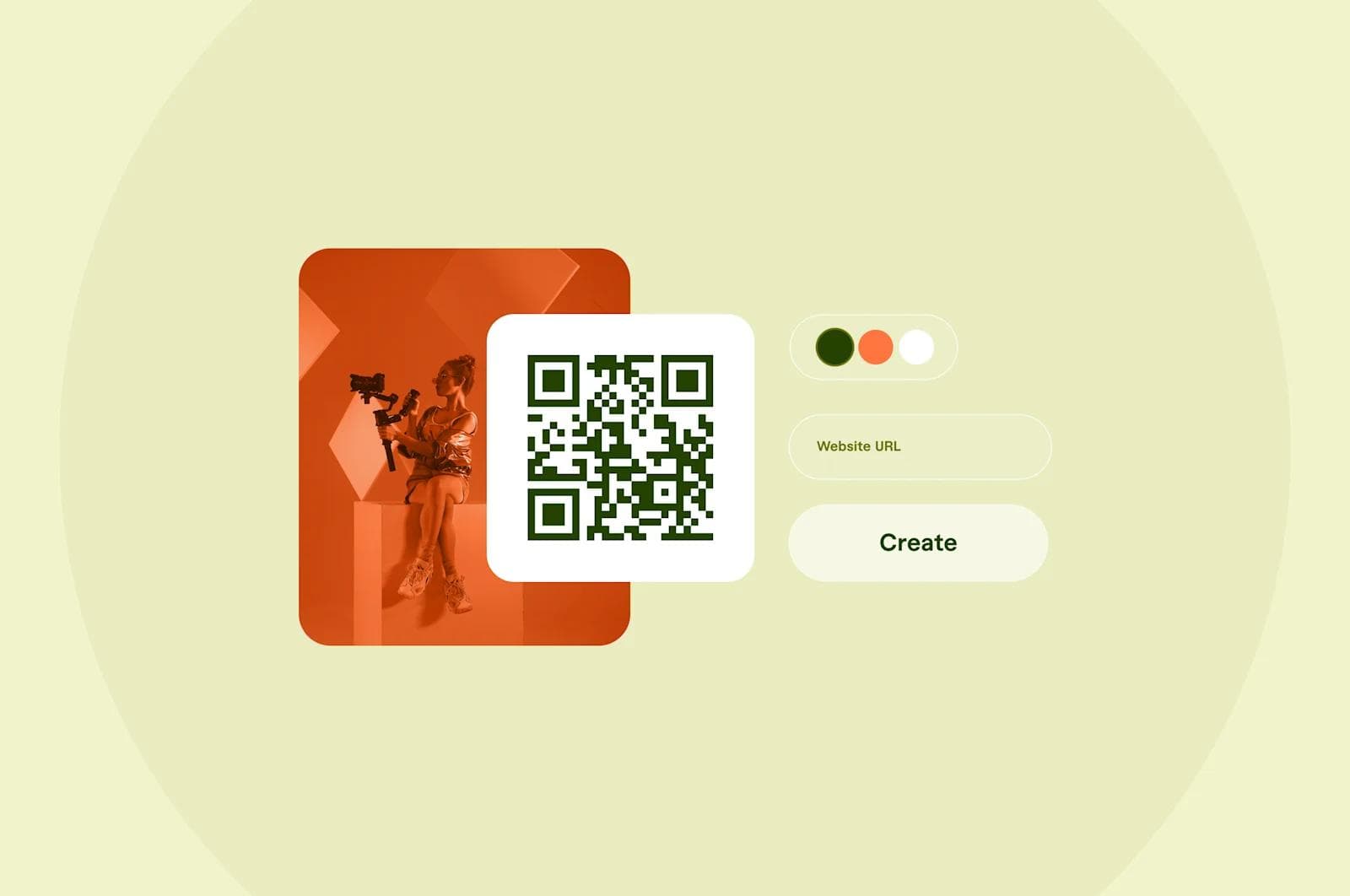Written by - Muhammad Zunair - July 15th, 2025
QR Code Generator: Easily Create Custom Scannable Codes for Your Business & Personal Use
QR code generators are powerful tools that allow you to create custom, scannable codes linking to websites, contact information, payment systems, and more. In this article, we explore the benefits,...

